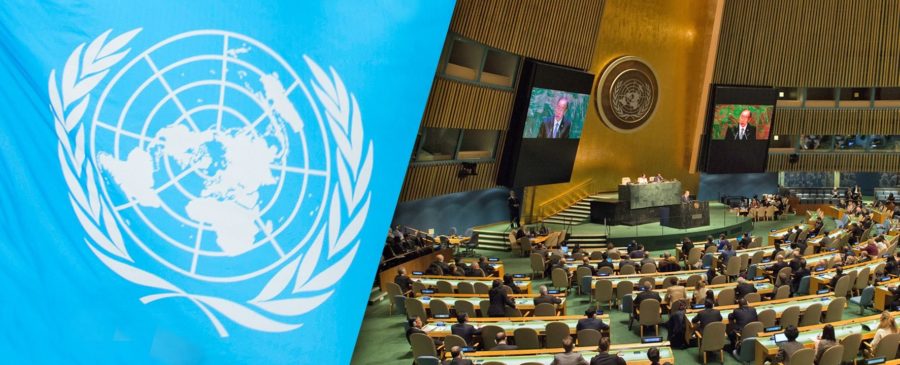20th September 2016
Antimicrobial resistance is a global problem and the UK is leading the way

Antimicrobial Resistance (AMR) is a huge threat to global health. It is estimated that by 2050 AMR could be responsible for an extra 10 million premature deaths, more than die from cancer today. The UK’s Chief Medical Officer, Professor Dame Sally Davies, has said that ‘Antimicrobial resistance poses a catastrophic threat. If we do not act now, any one of us could go into hospital in 20 years for minor surgery and die because of an ordinary infection that cannot be treated by antibiotics.’
AMR is a global problem and the UK government, in conjunction with the devolved administrations, is leading work with international partners to secure support for concerted action at a global level. Coordinated international action is needed to tackle AMR as a priority issue through the World Health Organization (WHO), other UN bodies and international organisations such as the G7 and G20. The FCO, including its embassies and the Science and Innovation Network, has played a key role in coordinating the government’s international engagement to rally support behind ambitious global efforts.
At the meeting of G20 Leaders Summit in Hangzhou, China earlier this month leaders acknowledged that AMR was a threat to public health, growth and global economic stability. They agreed to take forward further work under Germany’s presidency of the G20 next year.
An AMR High Level Meeting (HLM) will be held during the UN General Assembly (UNGA) this week. This is a unique opportunity to raise awareness of the threat of AMR at the highest political level and drive forward implementation of the WHO Global Action Plan on AMR. A historic declaration will be agreed by 193 countries to combat this growing risk to modern medicine as we know it. The UK has been at the forefront of the international campaign leading up to this meeting and to mark this moment is co-hosting a high-profile political event with Kenya, South Africa, Australia, Argentina and Japan. This event will bring together foreign ministers, finance ministers and big players from the pharmaceutical industry to discuss innovative ways of incentivising the development of much-needed, life-saving antimicrobials.
Following the G20 and UNGA meetings, actions to address AMR are firmly established on the international agenda. The UK has committed £369 million in international AMR programmes in the last 2 years. We will continue to support international cooperation to tackle AMR and other global public health priorities which are vital to future prosperity and security.
